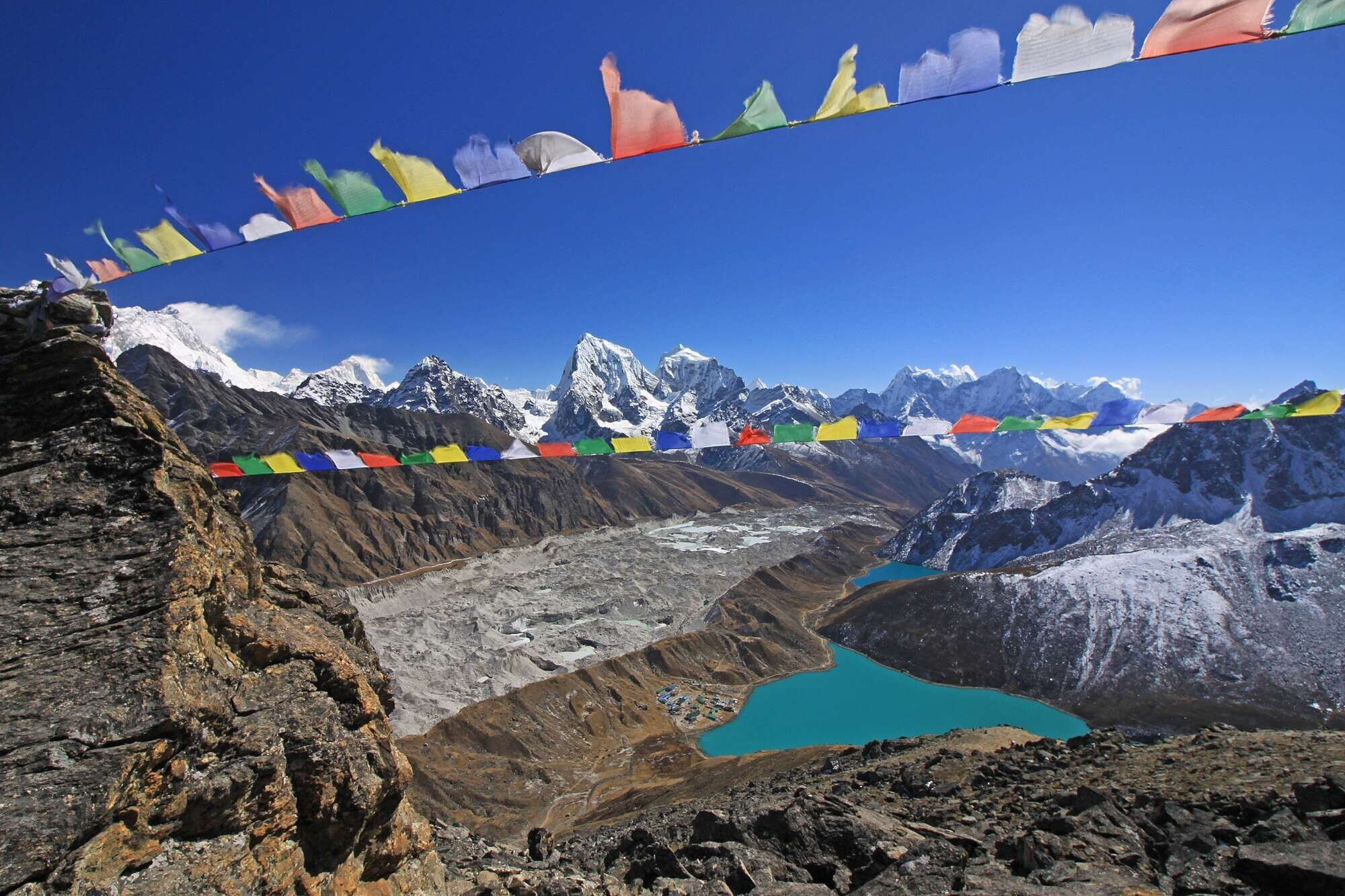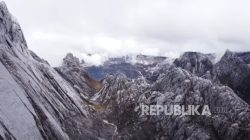Kathmandu, May 30 – The International Centre for Integrated Mountain Development (ICIMOD) has sounded an alert regarding recent scientific predictions indicating severe glacial melting even with a 2°C increase in global temperatures. They have urgently called for rapid and substantial reductions in the use of fossil fuels to protect South Asia’s vital water supplies.
ICIMOD emphasized the key points from an international research paper released in Science, indicating that with current climate measures, global temperatures are projected to rise by 2.7°C. Under this scenario, only about 24% of the planet’s total glacial ice would survive. In the Hindu Kush Himalayan area—where glaciers support river systems crucial for more than two billion individuals—the remaining glacier volume would be just 25% of what was present in 2020 if warming reaches 2°C.
These updated forecasts underscore the heightened vulnerability of our area’s glaciers,” stated ICIMOD. “Glaciers within the Hindu Kush Himalaya are melting rapidly, with repercussions extending well past the mountainous regions—potentially leading to water scarcity, decreased farm output, and increased hazards from natural disasters.”
Tolong support kita ya,
Cukup klik ini aja: https://indonesiacrowd.com/support-bonus/
A research conducted by a group of 21 experts from ten different nations utilizing eight glacier models revealed that maintaining temperatures near 1.5°C would help retain approximately 40-45% of the glaciers in both the Himalayan range and the Caucasus region. Additionally, this temperature control would ensure the survival of at least some glacial mass across all significant glaciated zones worldwide—ranging between 20-30% in highly vulnerable locations such as Scandinavia, the Alps, and the Rocky Mountains.
ICIMOD emphasised that the new data underlines the urgency of meeting the 1.5degC target through rapid decarbonisation. “A transition away from fossil fuels is no longer optional – it is essential for the survival of our mountain ecosystems and the communities that depend on them,” the centre said.
Glaciers in Central Asia — which includes Tajikistan, host country for the inaugural UN global glacier conference that began on Friday — stand to benefit significantly more from limiting temperature rise to 1.5°C rather than 2°C. At 1.5°C, these glaciers would retain about 60% of their ice volume as seen in 2020; however, this figure drops sharply to around 30% should temperatures increase by 2°C.
ICIMOD renewed its appeals for worldwide cooperation, financial support for climate initiatives, and swift adaptive actions to safeguard fragile mountainous areas and the populations living downstream.
This marks a crucial point,” stated the center. “Each decimal degree counts. Our current choices will mold the destiny of our glaciers and ensure water security for billions.






